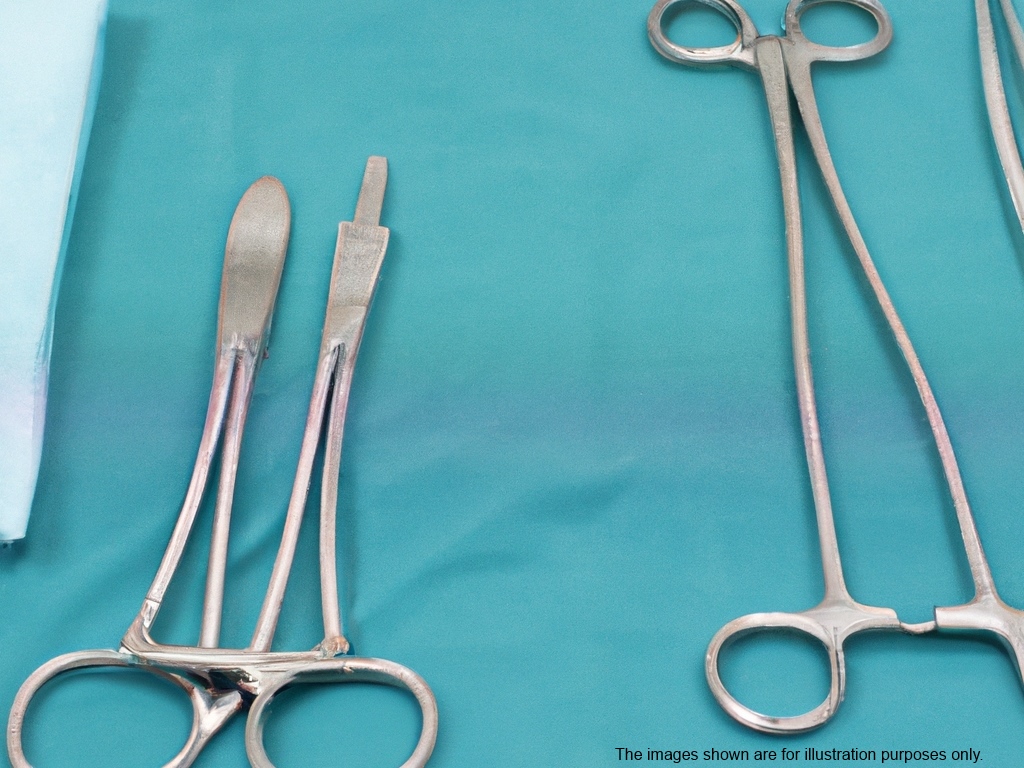Rat Urine Disease

Leptospirosis, commonly referred to as 'Rat Urine Disease,' is an uncommon
yet severe bacterial infection triggered by exposure to specific
environments.
Causes, Incidence, and Risk Factors
Leptospirosis stems from contact with various strains of Leptospira
bacteria, typically found in freshwater contaminated by animal urine. It
predominantly occurs in warmer climates and is not transmitted between
individuals, except in exceedingly rare instances such as through breast
milk or from a mother to her unborn child.
Risk Factors Encompass
• Occupational exposure, including farmers, ranchers, slaughterhouse
workers, trappers, veterinarians, loggers, sewer workers, rice field
laborers, and military personnel.
• Recreational pursuits like freshwater activities such as swimming,
canoeing, kayaking, and trail biking in warm regions.
• Household interactions involving pet dogs, domesticated livestock,
rainwater collection systems, and infected rodents.
Leptospirosis is infrequent in the continental United States, with Hawaii
registering the highest incidence nationwide.
Symptoms
Symptoms typically manifest within 2 to 26 days (average 10 days) and may
comprise:
• Dry cough
• Fever
• Headache
• Muscle pain
• Nausea, vomiting, and diarrhea
• Shivering chills
Less common manifestations include:
• Abdominal discomfort
• Unusual lung sounds
• Bone pain
• Conjunctivitis
• Swollen lymph nodes
• Enlarged spleen or liver
• Joint discomfort
• Muscle stiffness
• Tender muscles
• Skin rash
• Sore throat
Signs and Tests
Diagnosis entails blood tests to detect antibodies to the bacteria.
Additional assessments may encompass:
• Complete blood count (CBC)
• Creatine kinase
• Liver enzyme evaluation
• Urine analysis
Treatment
Treatment typically involves medications such as:
• Ampicillin
• Ceftriaxone
• Doxycycline
• Penicillin
Severe or complex cases might necessitate supportive care or management in a
hospital's intensive care unit (ICU).
Expectations (Prognosis)
The prognosis is generally favorable. However, untreated complicated cases
can be life-threatening.
undo Common Diseases in Malaysia